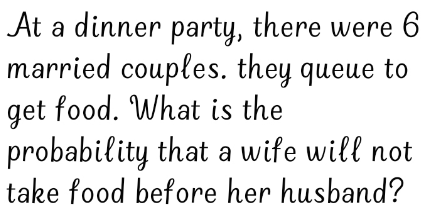
AllQuestion and Answers: Page 204
Question Number 202326 Answers: 0 Comments: 0

Question Number 202325 Answers: 1 Comments: 0

Question Number 202324 Answers: 2 Comments: 0
Question Number 202319 Answers: 0 Comments: 0

Question Number 202315 Answers: 1 Comments: 0
Question Number 202308 Answers: 0 Comments: 1

Question Number 202307 Answers: 3 Comments: 0
Question Number 202306 Answers: 2 Comments: 0
Question Number 202303 Answers: 3 Comments: 0
Question Number 202302 Answers: 2 Comments: 0
Question Number 202300 Answers: 1 Comments: 0
Question Number 202298 Answers: 1 Comments: 0
Question Number 202297 Answers: 2 Comments: 0
Question Number 202296 Answers: 1 Comments: 0
Question Number 202295 Answers: 1 Comments: 0
Question Number 202290 Answers: 2 Comments: 0
Question Number 202287 Answers: 2 Comments: 1

Question Number 202276 Answers: 2 Comments: 0

Question Number 203668 Answers: 1 Comments: 0

Question Number 203665 Answers: 0 Comments: 0

Question Number 202258 Answers: 3 Comments: 0
Question Number 202257 Answers: 0 Comments: 2

Question Number 202255 Answers: 2 Comments: 0
Question Number 202251 Answers: 1 Comments: 4
Question Number 202249 Answers: 0 Comments: 0
Question Number 202250 Answers: 2 Comments: 0
Pg 199 Pg 200 Pg 201 Pg 202 Pg 203 Pg 204 Pg 205 Pg 206 Pg 207 Pg 208
